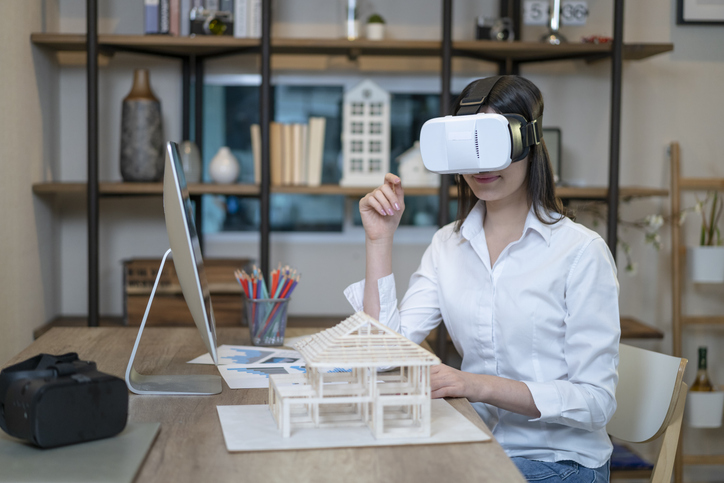The £425k funded Engineering and Physics Research Council project brings together expertise from the University of Bristol and Bristol Digital Futures Institute with industry specialists Ultraleap, Autodesk , The Product Partnership, the Advanced Manufacturing Research Centre in a new two-year project that aims to redefine the prototyping toolchain.
‘21st Century Prototyping Technology’ will address the challenges faced by product designers when navigating physical and digital prototypes at the same time to save both time and money
It will also look at how end-users can be brought into the prototyping process, letting them play an active role in the design process even when designing complex products, and making sure that future products are exactly suited to their own bespoke needs.
Engineers will use a combination of immersive technologies including mixed reality, haptics, physical tracking and more to develop a toolbox of cross-domain prototyping tools that simultaneously draw out the benefits of physical and digital working.
Example applications include allowing designers to physically hold and manipulate digital designs without waiting for manufacture, augmenting physical objects with virtual styling or materials while running user studies and gathering opinions without making every prototype, or embedding advanced digital analysis straight into prototyping, letting designers make the right decisions, right at the start.
University of Bristol Principal Investigator Dr Chris Snider said:
“Despite its huge potential and although proven in technical capability, the use and value of immersive technologies for product design is yet to be fully explored. We want to know if they can achieve their promise to designers and if so, how.
“I’m hoping that this project will set the tone for how products are designed in the future. We want to cut through the vast complexity and cost that straddles virtual and physical worlds to make a streamlined process to benefit both designers and users.”
Chris’s team will be working with Bristol Digital Futures Institute to access its network of community, industry and governmental collaborators for workshops and dissemination. They could also make use of BDFI’s new facilities, such as the Reality Emulator – a large scale, multi-sector advanced digital twin at the heart of the Temple Quarter Enterprise Campus.
BDFI Institute and Partnerships Manager Hayley Shaw said:
“BDFI’s mission is to transform digital innovation for more sustainable, inclusive and prosperous futures. End-user involvement in the process of design is an important part of the suite of methods BDFI will deploy to achieve this mission, and we are delighted to support Chris and his team in this pioneering project.”
